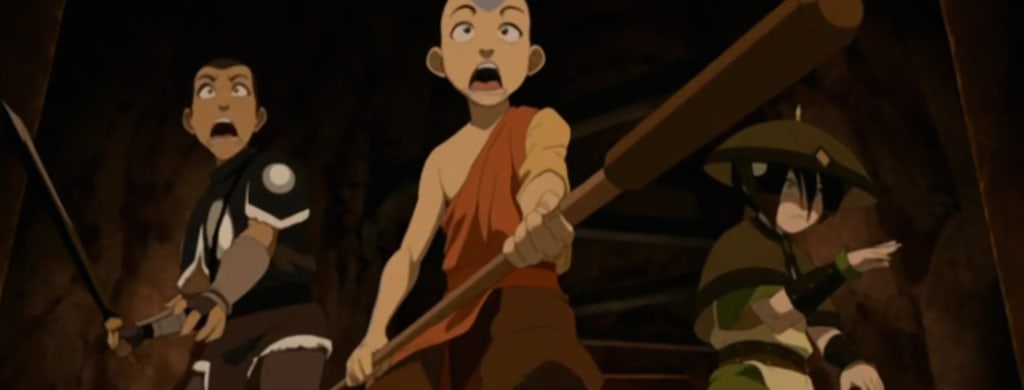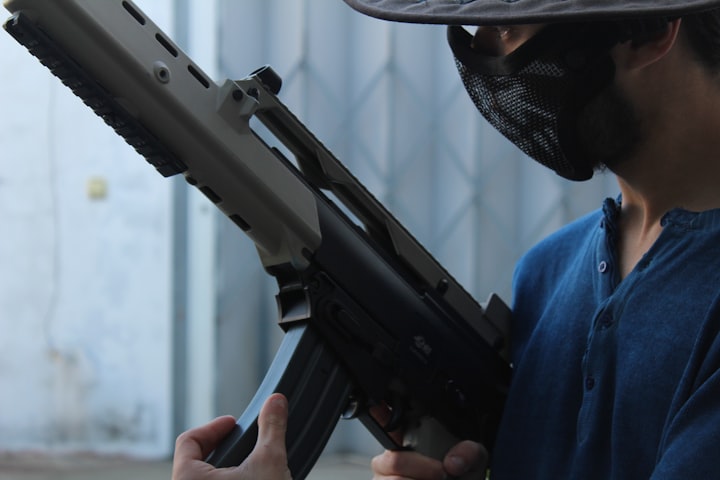
On July 19th, 2008, the Nickelodeon animated series Avatar: The Last Airbender came to an end with a kiss on a balcony and a pan up to a lovingly animated sky. I was eleven. I don't remember watching it, but knowing me, I probably cried. I remember liking the finale a lot. These characters that I had watched grow for so much of my childhood had had to fight for their happy ending almost until their final moments of screen time, and the peace they were left in felt bitterly earned.
Eleven years passed, and my brother and I discovered a new Avatar—no, I'm kidding, can you imagine? But eleven years have passed. In that time, I've re-watched a few favorite episodes, but never the entire series. I've also heard a lot of very smart people call Avatar: The Last Airbender one of the greatest television shows of all time. So I recently decided to revisit the series in full to see how it held up. In short: very well.
There's a series of two brief scenes late in the show that, to my mind, encapsulate everything I was too young to understand during the show's original run. They happen in "The Day of Black Sun Part One", the first episode of the season 3 two-part midseason finale. The characters are gearing up for their first real push at invading the Fire Nation Capital. There's a cut to Sokka, standing with the other members of the Water Tribe army led by his father. He stands ready in the same pose as they do, but where they all stay stock still, he takes a deep, shaky sigh. Cut to Toph, who stands firm against a background of beiges, browns, and greens. A pan up reveals that she is, in fact, standing with the invading force's other Earthbenders. They tower above her, each several feet taller. Oh, I realized. Right. These characters are children.
Because that's the dual power of this show, the power I only saw one side of during the original run. The story is entertaining and never once inaccessible to the children that were its target audience. But the show's creators took that young audience seriously. They understood that even children were capable of deep, complicated emotional journeys. That children understood more about the world around them than they "should", and that they want to be involved in the effort for a better world. As a child, Avatar validated my feelings that the world could be unjust and inspired me to take action. As an adult, the show serves as a reminder that the kids are listening, and they know what's going on.





Comments
There are no comments for this story
Be the first to respond and start the conversation.